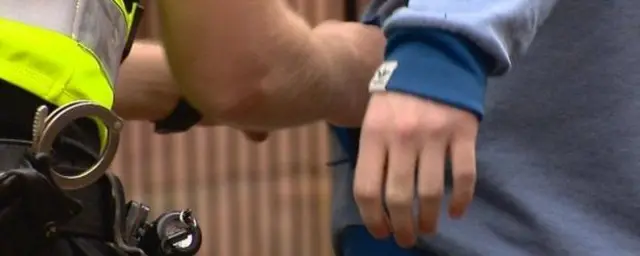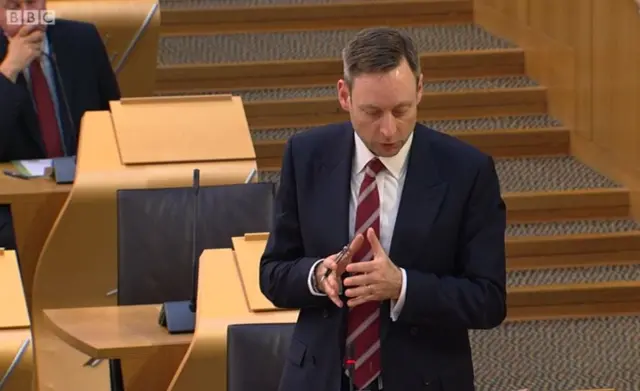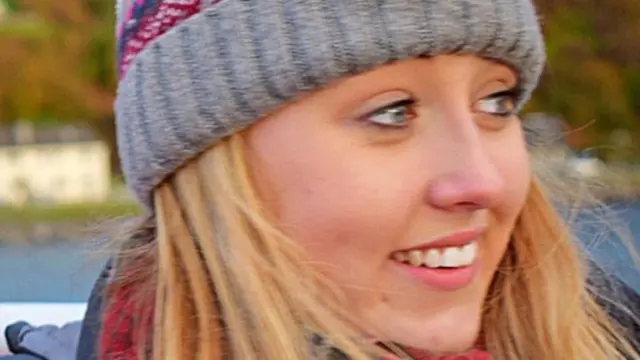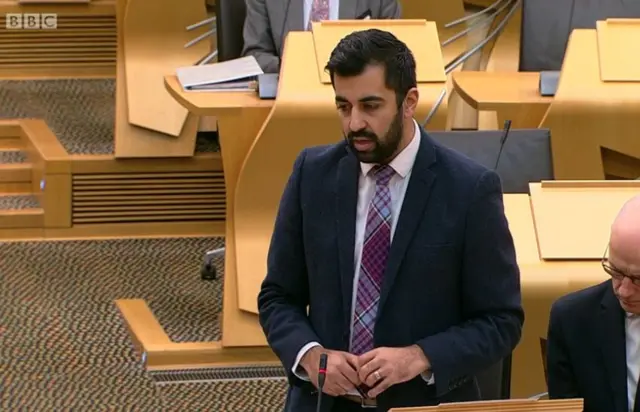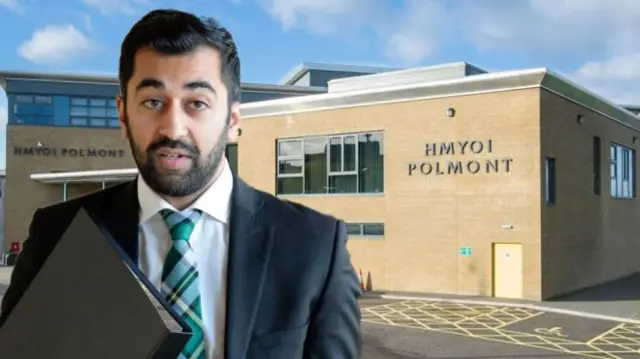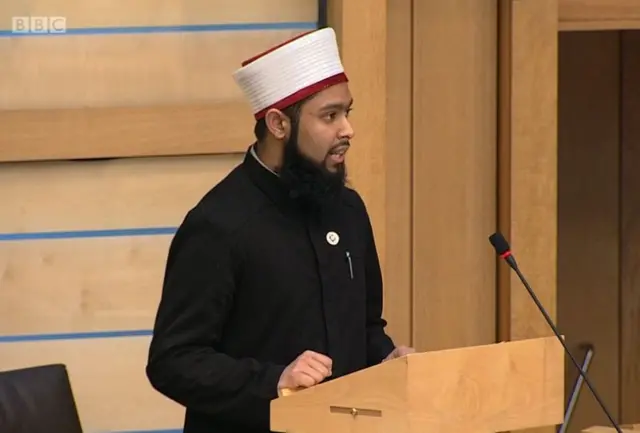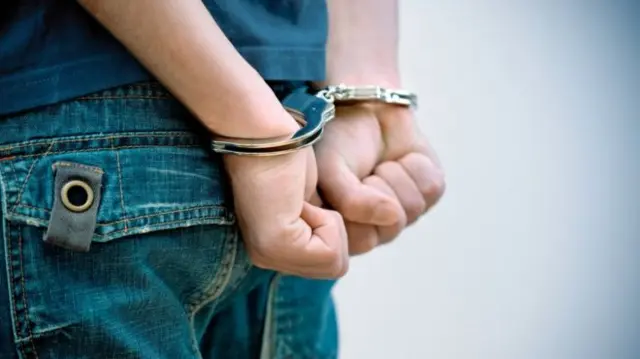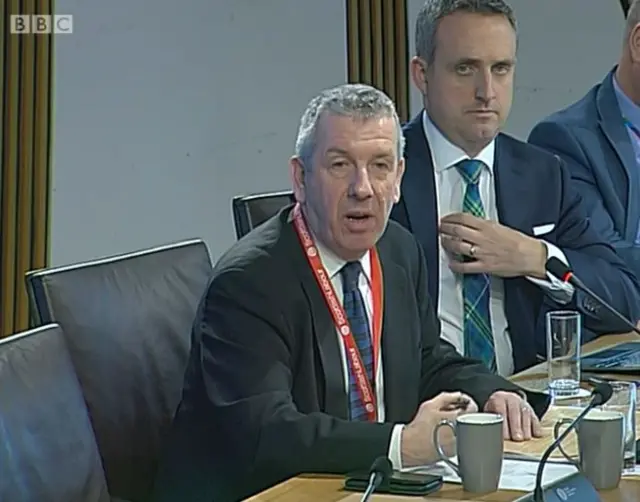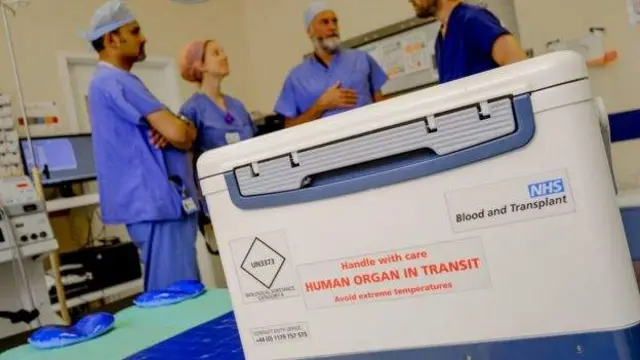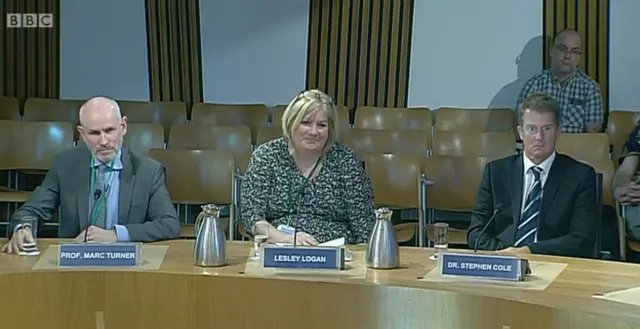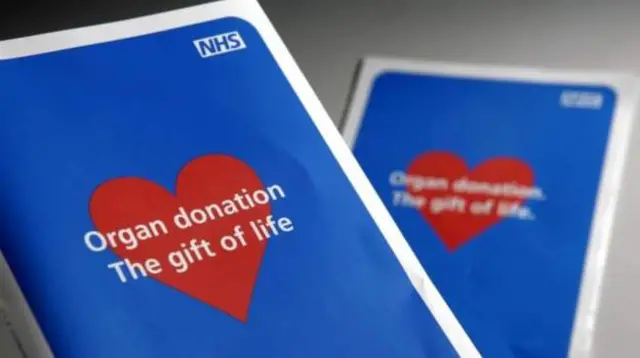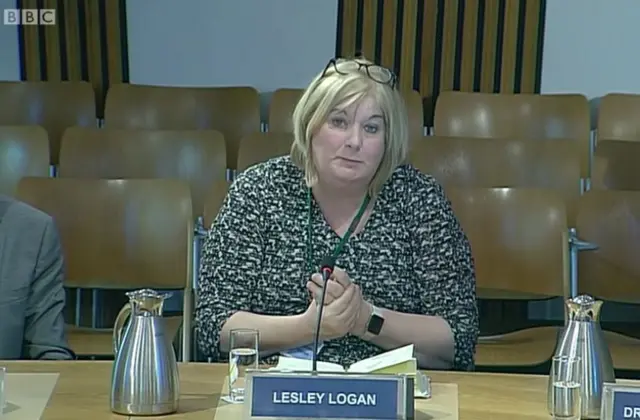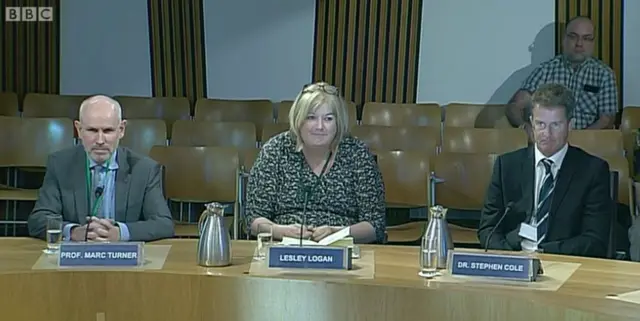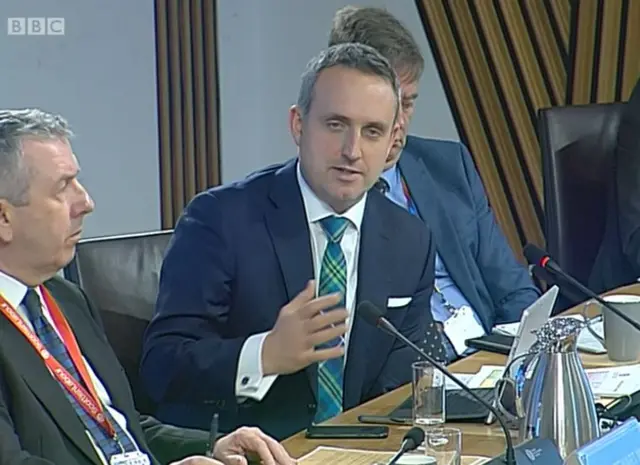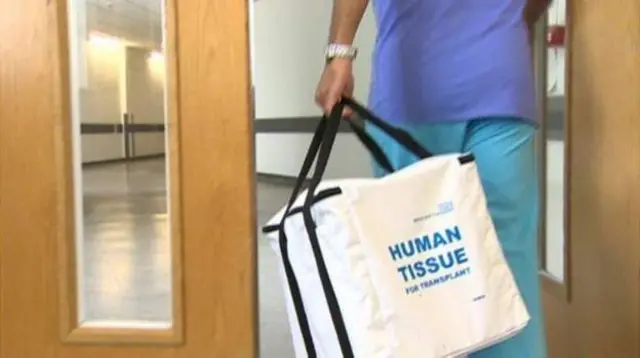'You will never punish a young person into a better way of being'published at 14:28 GMT 13 November 2018
Children and Young People Minister Maree Todd says the cross-party support to increase the age of criminal responsibility is a welcome shift.
Having it at eight is counter-productive for children, she says, adding that how we address children's harmful behaviour needs to change.
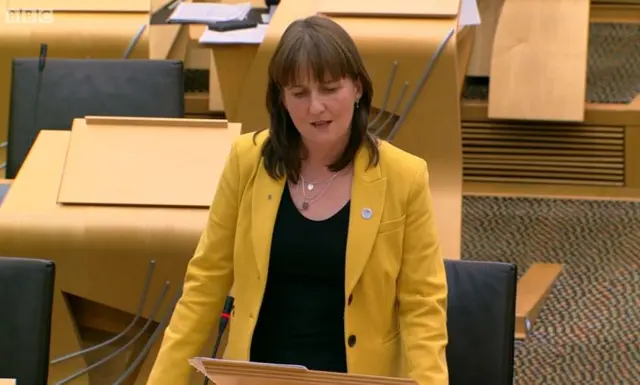
Children and Young People Minister Maree Todd
There is a strong rationale for raising the age to 12, Ms Todd says, suggesting there is no clear consensus for a higher age among those calling for it.
The minister highlights the age of criminal prosecution is 12 too.
On the victims of crime, Ms Todd says many of the children responsible for such crimes are also victims themselves and this must be considered further going forward.
"You will never punish a young person into a better way of being. You can only love and nurture them into a better way of being."
